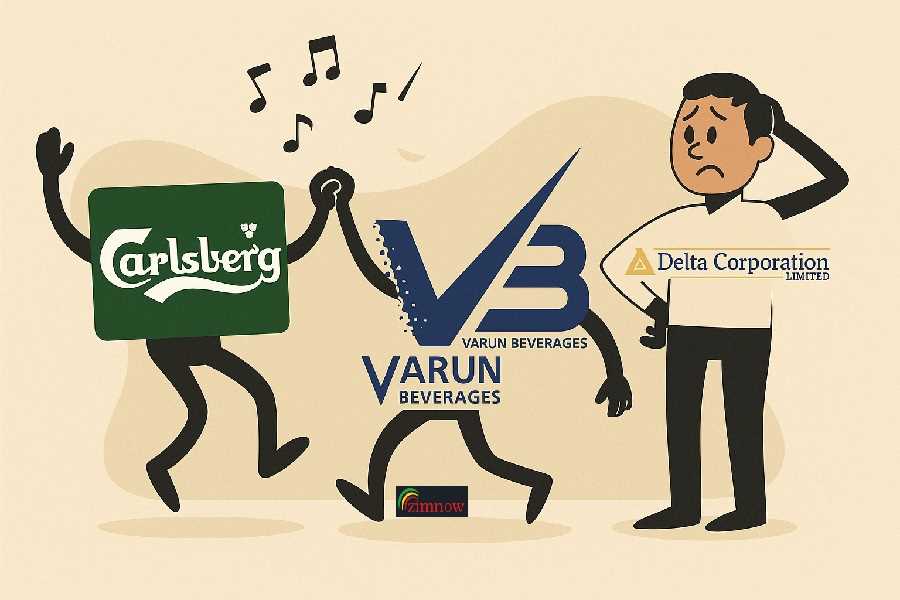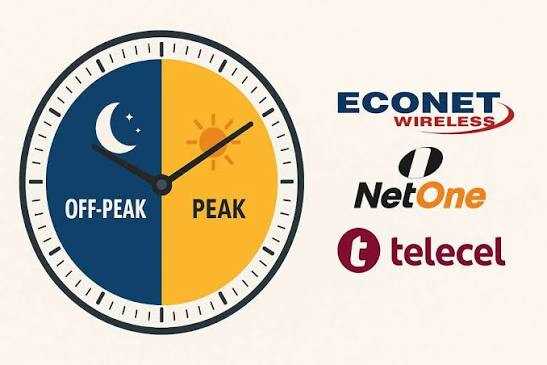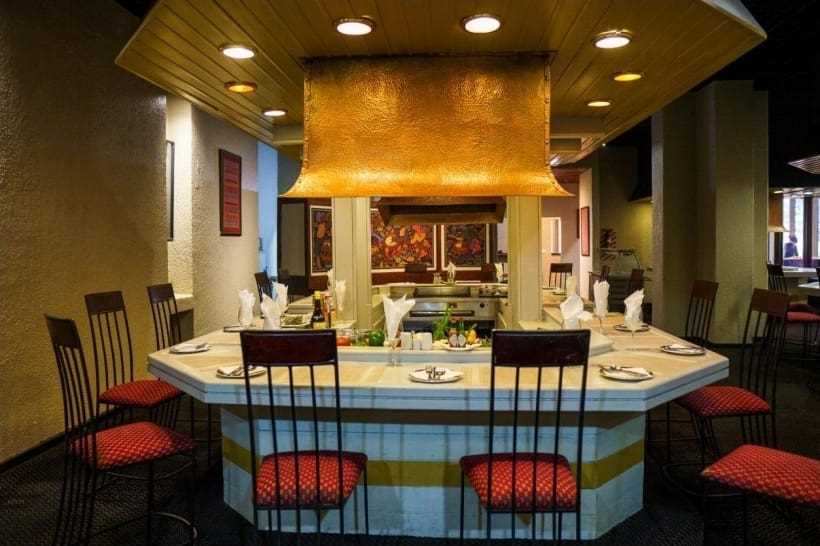
ZimNow Analysis Desk
Delta Corporation, Zimbabwe’s biggest company by revenue volume, could be set for a fall from that top perch.
The recently announced partnership between global giant Carlsberg Group and Varun Beverages Limited, the Pepsi bottler behind Pepsi, Mirinda and Mountain Dew locally, is likely to shake up Delta’s increasingly threatened dominance.
At first glance, the deal focuses on beer. Varun and Carlsberg have confirmed plans to introduce the Carlsberg brand in select African markets, with Zimbabwe listed among the pilot countries.
Phase two involves establishing local brewing operations — a move that would pit the Danish multinational directly against Delta, whose lager and sorghum beer lines have been cornerstones of Zimbabwe’s social and economic life for generations.
Related Stories
For Delta, the timing could not be worse. The company is already battling the rise of Nyathi, a produced by Simbisa Brands that is clearly now the dominant traditional beer brand overtaking Delta’s Chibuku in that market segment.
That is in addition to its struggles to shrug off Varun Beverages steady growth in the soft drinks space where it has forced Delta into price wars.
If Carlsberg and Varun combine their global branding power and Varun’s efficient bottling network, Delta’s hold on the alcoholic beverages market could loosen rapidly.
But the ripples may not end with beer. Carlsberg’s 2024 takeover of Britvic, the British parent of Robinsons fruit drinks, has given it a powerful non-alcoholic portfolio. Should Robinsons be introduced through Varun’s Zimbabwe plant.
Analysts note that the partnership between Carlsberg and Varun signals a broader strategic shift — from regional distributors importing premium products to multinationals manufacturing locally for African markets.
Zimbabwe’s USD economy, stabilising local currency, improving logistics, and growing youth consumer base make it a test market with continental implications.
For consumers, the new competition could mean better quality, variety, and possibly fairer prices. For incumbents, it marks the end of monopoly comfort zones. Delta will have refresh legacy brands and leverage their deep local loyalty before new entrants turn that nostalgia into an obsolete advantage.



















Leave Comments